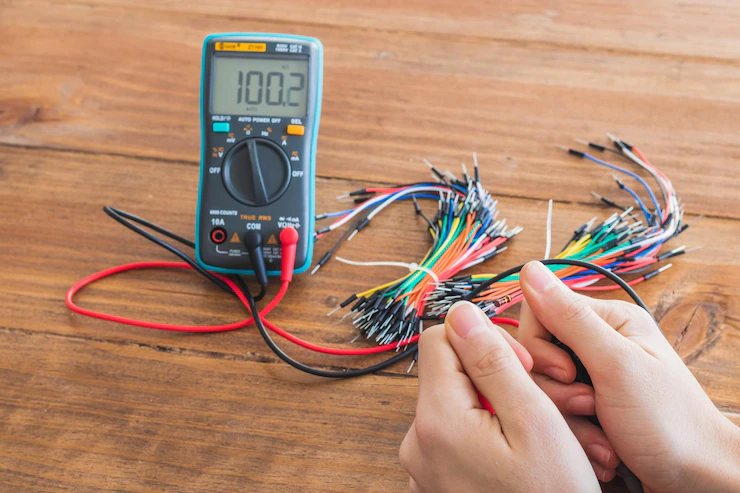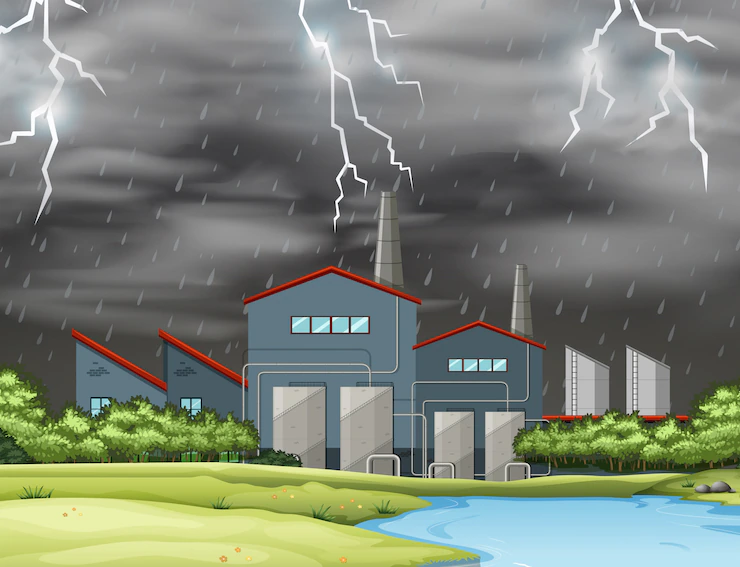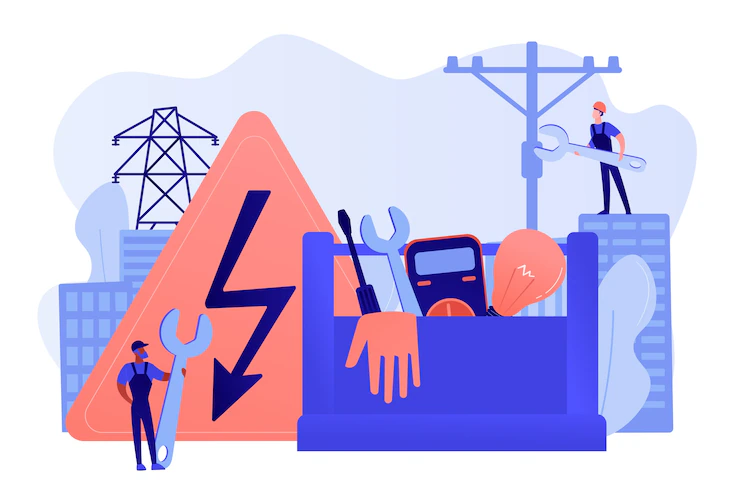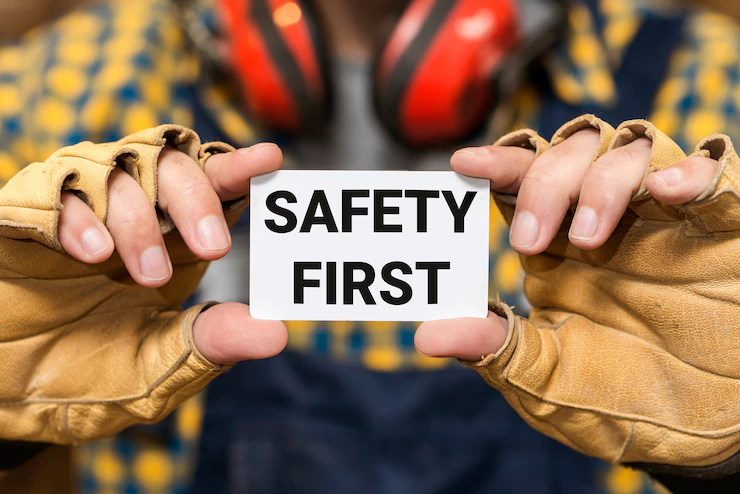In our modern world, electricity powers almost every aspect of our lives. From lighting our homes to running our appliances, electrical systems have become an integral part of our daily routines. However, ensuring electrical safety within our homes should never be overlooked. One critical aspect of electrical safety that often goes unnoticed is proper earthing. In this blog post, we will explore why proper earthing is essential in homes to prevent damage to electrical peripherals and to create electrically safe living environments.
Understanding Earthing
Before delving into the importance of proper earthing, it’s crucial to understand what earthing actually means. Earthing, also known as grounding, is the process of connecting electrical equipment and systems to the ground. It involves establishing a low-resistance path for electric current to flow into the earth, effectively preventing the buildup of excessive voltage. Following are the reasons why proper earthing is important in homes to prevent damage of electrical peripherals and to have electrically safe homes:

Protection against Electrical Faults
Proper earthing plays a pivotal role in safeguarding electrical peripherals and appliances from electrical faults. In the event of a fault, such as a short circuit or a sudden surge of electricity, a well-grounded electrical system allows the excess current to flow directly into the ground. This prevents the current from flowing through sensitive equipment, which could result in damage or even electrical fires. Without proper earthing, electrical faults can lead to the destruction of expensive devices and pose significant safety hazards to occupants.

Protection from Lightning Strikes
Another critical aspect of proper earthing is its ability to protect homes from the destructive force of lightning strikes. Lightning carries an enormous amount of energy that can cause catastrophic damage to electrical systems. By providing a path of least resistance, proper earthing directs the electrical discharge from a lightning strike safely into the ground. This prevents the lightning from traveling through the household wiring and reduces the risk of electrical fires, damage to appliances, and even personal injury.

Stabilizing Voltage Levels
Electrical peripherals and appliances are designed to operate within specific voltage ranges. However, fluctuations in the power supply can occur due to various factors, such as power grid issues or sudden changes in electrical loads. Proper earthing helps stabilize voltage levels by maintaining a constant reference point. It acts as a sink for excess electrical charges, preventing voltage spikes and fluctuations that could damage sensitive electronic equipment. This is especially important for devices like computers, televisions, and audio systems, which can be highly sensitive to voltage variations.

Mitigating Electromagnetic Interference (EMI)
In today’s digitally connected world, electronic devices generate electromagnetic fields that can interfere with each other’s proper functioning. This phenomenon, known as electromagnetic interference (EMI), can result in signal distortions, reduced performance, and even complete failure of electronic devices. Proper earthing helps mitigate EMI by providing a safe path for unwanted electromagnetic energy to dissipate. By grounding devices, any stray electromagnetic energy is diverted harmlessly into the ground, minimizing interference and ensuring optimal performance of electrical peripherals.
Enhancing Personal Safety
In addition to protecting devices and appliances, proper earthing is vital for ensuring personal safety within the home. Faulty electrical systems can pose significant risks, including electric shocks and electrocution. By grounding electrical systems, any leakage or fault currents are safely discharged into the ground, reducing the risk of electric shock to occupants. This is especially crucial in wet or damp areas like bathrooms, kitchens, and outdoor spaces, where the likelihood of accidental contact with electrical equipment is higher.

Conclusion
Proper earthing is an often overlooked yet critical aspect of electrical safety within our homes. It acts as a safeguard, preventing damage to electrical peripherals, protecting against lightning strikes, stabilizing voltage levels, mitigating electromagnetic interference, and enhancing personal safety. By investing in proper earthing systems and regularly maintaining them, homeowners can create electrically safe environments, minimizing the risk of electrical hazards and ensuring the longevity and efficient operation of their electrical systems. Remember, when it comes to electrical safety, proper earthing should never be taken for granted.


I have been examinating out some of your stories and i can state pretty clever stuff. I will definitely bookmark your site.
Your recent content has been a valuable resource for me. Thank you for consistently delivering high-quality articles. Looking forward to more from you!
Your writing has a way of sparking meaningful conversations.
I’m constantly impressed by the depth of knowledge and expertise you bring to each topic you cover.
Thanks for sharing. I read many of your blog posts, cool, your blog is very good.
Your writing is not only informative but also incredibly inspiring. You have a knack for sparking curiosity and encouraging critical thinking. Thank you for being such a positive influence!